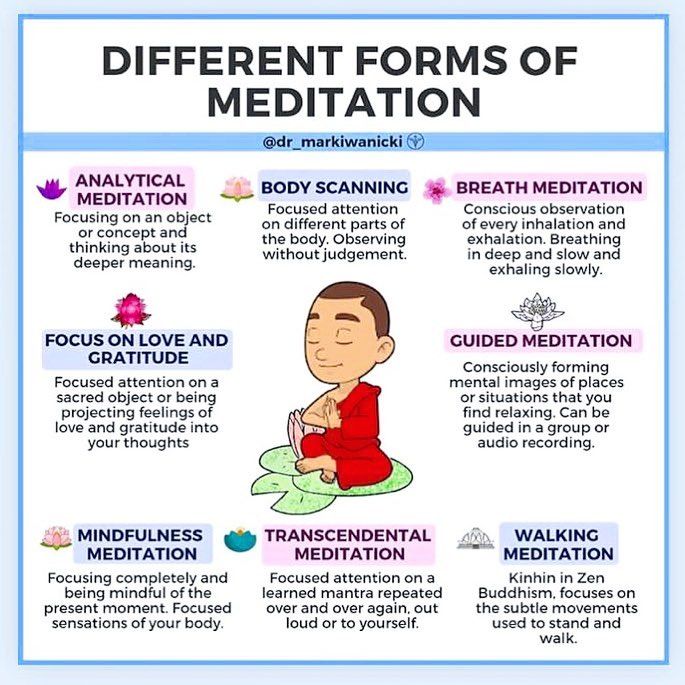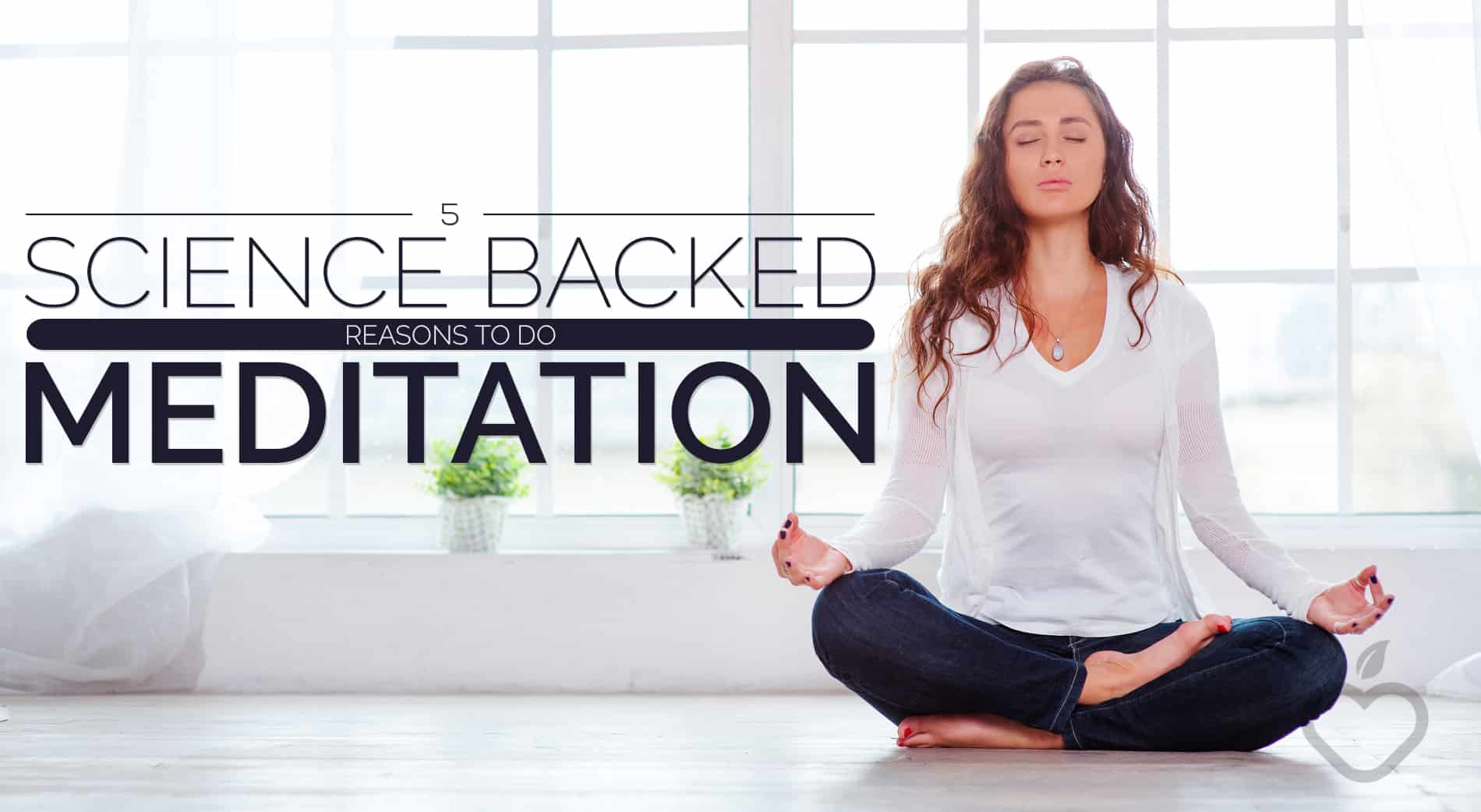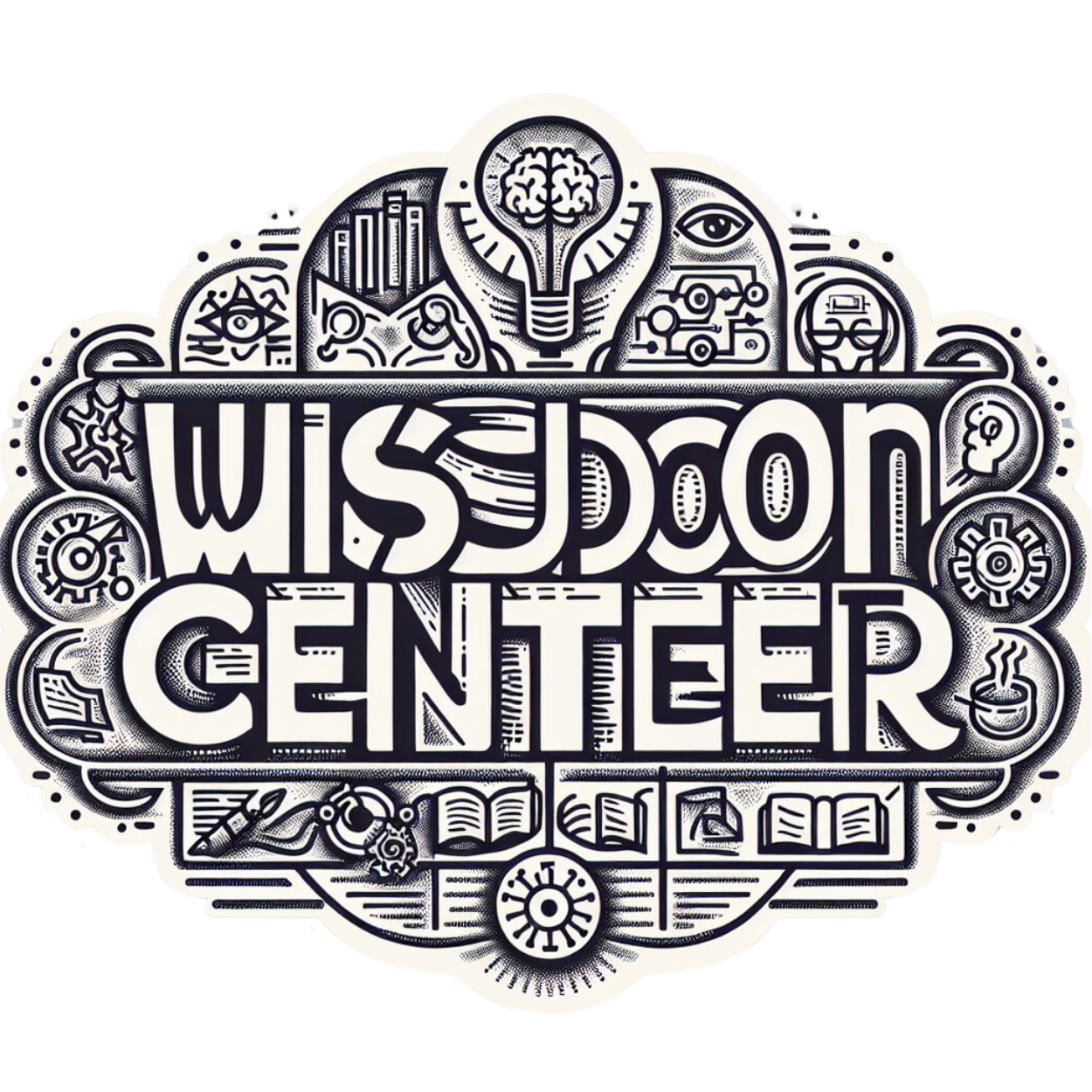
In 2024, meditation continues to gain popularity as a powerful tool for enhancing mental well-being, reducing stress, and fostering inner peace. This article explores some of the most popular meditation techniques of the year, highlighting their benefits and providing insights into how they can improve overall mental and emotional health.
Introduction to Meditation Techniques
Meditation techniques vary widely, each offering unique approaches to quieting the mind and cultivating mindfulness. In 2024, these techniques are widely practiced for their effectiveness in promoting relaxation, reducing anxiety, and enhancing mental clarity.
1. Mindfulness Meditation
Mindfulness meditation involves focusing attention on the present moment without judgment. Practitioners observe thoughts, sensations, and emotions as they arise, cultivating non-reactive awareness. In 2024, mindfulness meditation remains popular for its ability to reduce stress, improve concentration, and promote emotional resilience.
2. Guided Meditation
Guided meditation uses verbal instructions or audio recordings to lead practitioners through visualization, relaxation techniques, or mindfulness practices. This technique is accessible for beginners and experienced meditators alike, providing structure and guidance to deepen the meditative experience and achieve specific outcomes.
3. Breath Awareness Meditation
Breath awareness meditation focuses on observing the natural rhythm of the breath. Practitioners anchor their attention to the sensations of breathing, fostering relaxation, calming the mind, and cultivating present-moment awareness. This simple yet powerful technique is popular in 2024 for its accessibility and effectiveness in reducing stress and anxiety.
4. Loving-kindness Meditation (Metta)
Loving-kindness meditation, or Metta, involves silently repeating phrases of goodwill and compassion towards oneself and others. This practice cultivates feelings of love, kindness, and empathy, promoting emotional well-being, reducing negative emotions, and enhancing interpersonal relationships. Metta meditation is increasingly recognized in 2024 for its profound effects on mental and emotional health.
5. Transcendental Meditation (TM)
Transcendental Meditation uses a mantra—a word or sound—to achieve a state of deep relaxation and inner peace. This technique involves effortless repetition of the mantra, allowing the mind to settle into a state of transcendent awareness. In 2024, TM remains popular for its ability to reduce stress, enhance creativity, and promote holistic well-being through regular practice.
Benefits of Popular Meditation Techniques
Popular meditation techniques offer numerous benefits that contribute to overall mental well-being:
- Stress Reduction: Techniques like mindfulness, guided meditation, and breath awareness help alleviate stress by promoting relaxation and calming the nervous system.
- Improved Focus and Concentration: Regular meditation enhances cognitive function, improves attention span, and boosts mental clarity, supporting productivity and mental performance.
- Emotional Resilience: Practices such as loving-kindness meditation foster emotional regulation, compassion, and empathy, reducing negative emotions and promoting positive mental health.
Integrating Meditation into Daily Life
Incorporating meditation into daily life requires commitment and consistency. Setting aside dedicated time for practice, creating a peaceful environment, and exploring different techniques to find what resonates best are essential steps in harnessing the benefits of meditation for mental well-being.
Conclusion
In 2024, popular meditation techniques continue to empower individuals to enhance their mental well-being, reduce stress, and cultivate inner peace through regular practice. Whether you’re exploring mindfulness, guided meditation, breath awareness, loving-kindness meditation, or transcendental meditation, these techniques offer valuable tools for fostering emotional resilience, improving focus, and achieving holistic balance in today’s fast-paced world.


